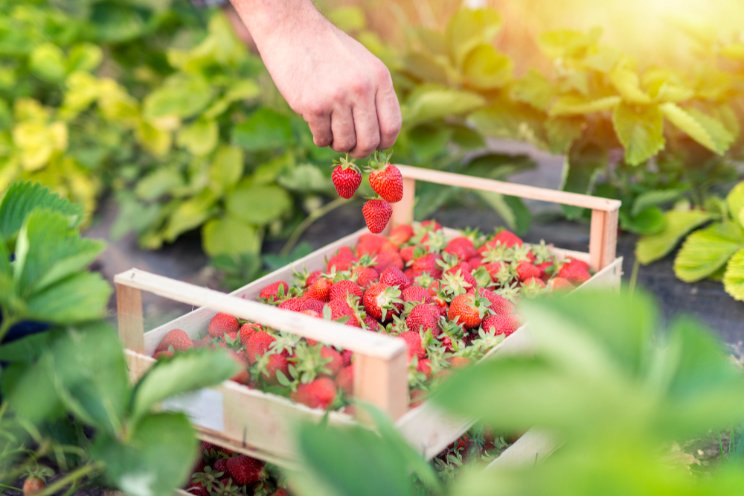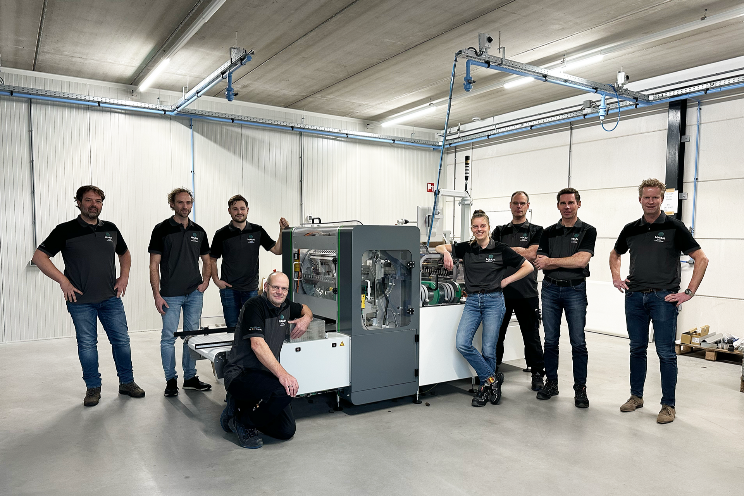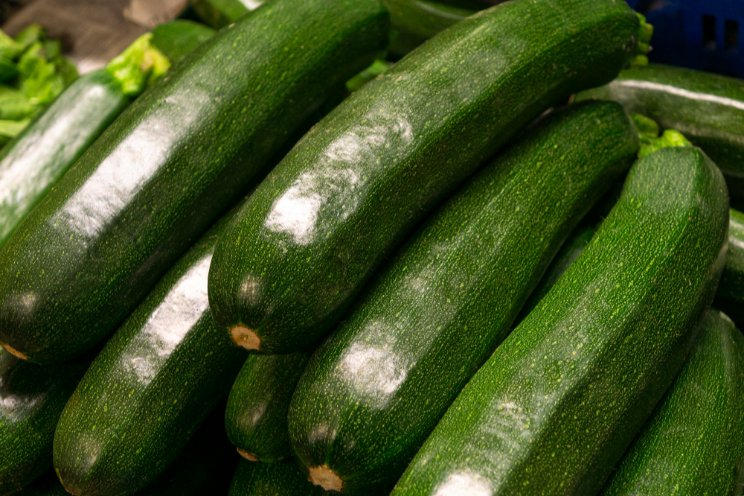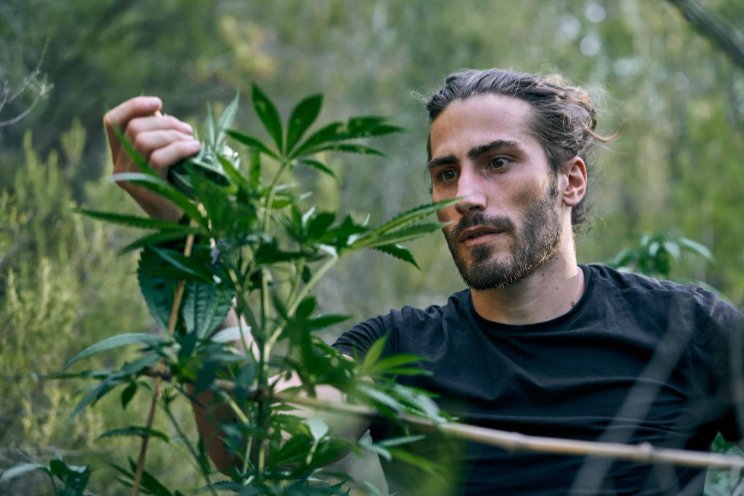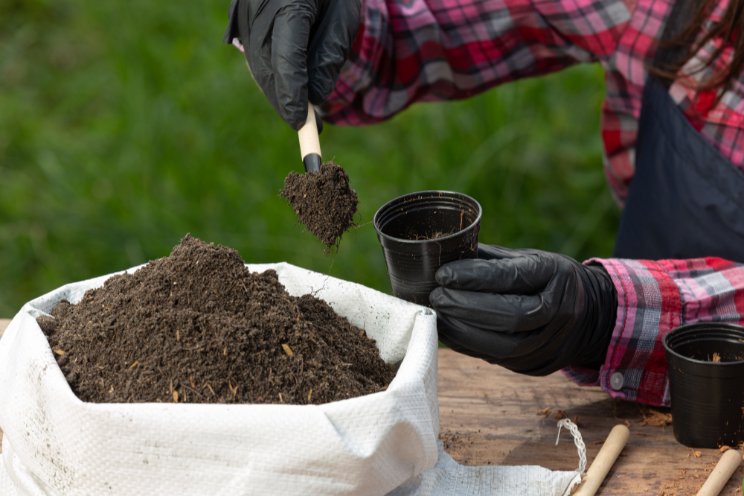Do you already comply with the new plant passport requirement?
Added on 03 February 2020

Why a plant passport?
With a plant passport you prove that your plants meet the phytosanitary requirements that apply within the EU. The NVWA (Dutch Food and Consumer Product Safety Authority) is the body that issues plant passports. The associated inspections are carried out by Naktuinbouw. The inspector carries out a phytosanitary inspection and a quality inspection. This involves checking whether the propagating material is free from quarantine organisms. If this is the case, you will receive a plant passport. If the material is rejected, the product may not be traded.
Extension of plant passport obligation
The plant passport obligation extends to all "plants intended for planting". According to the EU definition, these are plants that can produce whole plants and are intended for that purpose. These plants must be planted out, replanted or remain planted. Everything that we now refer to as propagating material is included (including seeds), but also all "consumer" room, bedding and tub plants. There will be exceptions; for certain seeds and for sale directly to the non-commercial end user.
What should the plant passport look like?
There will be a uniform format for the plant passport. The format is laid down in Implementing Regulation 2017/2313 / EU.
You can choose from several options to meet the requirements of the new plant passport. Depends mainly on your product packaging and your own design requirements. We are your specialist in the field of coding and labeling in horticulture. That is why we can get the plant passport to your pot, tray or box simply and quickly with our machines and technologies. For example, you can choose from: small character inkjet, desktop printers (and insert labels) and print & apply systems.
Source and photo courtesy of Horticontact
Source: Horticontact
More news

